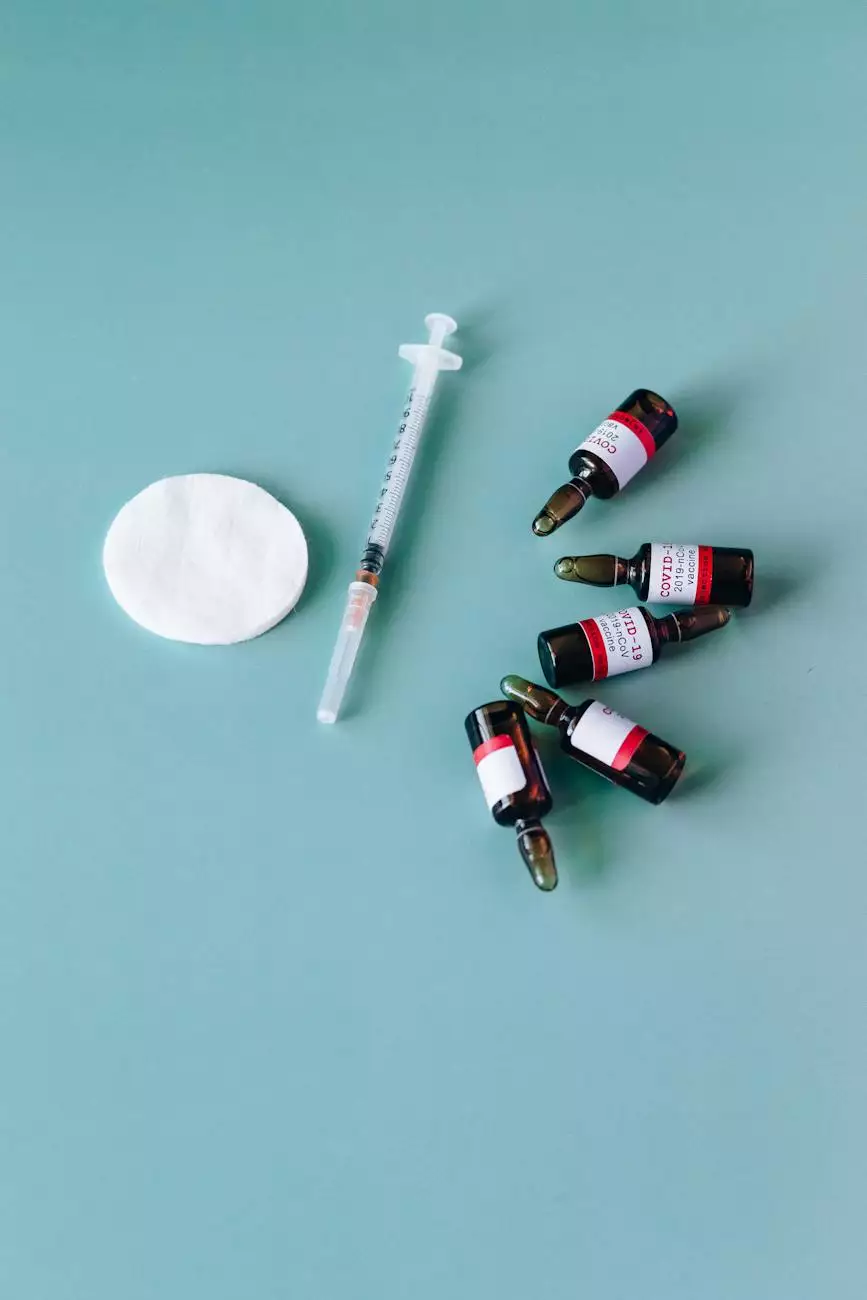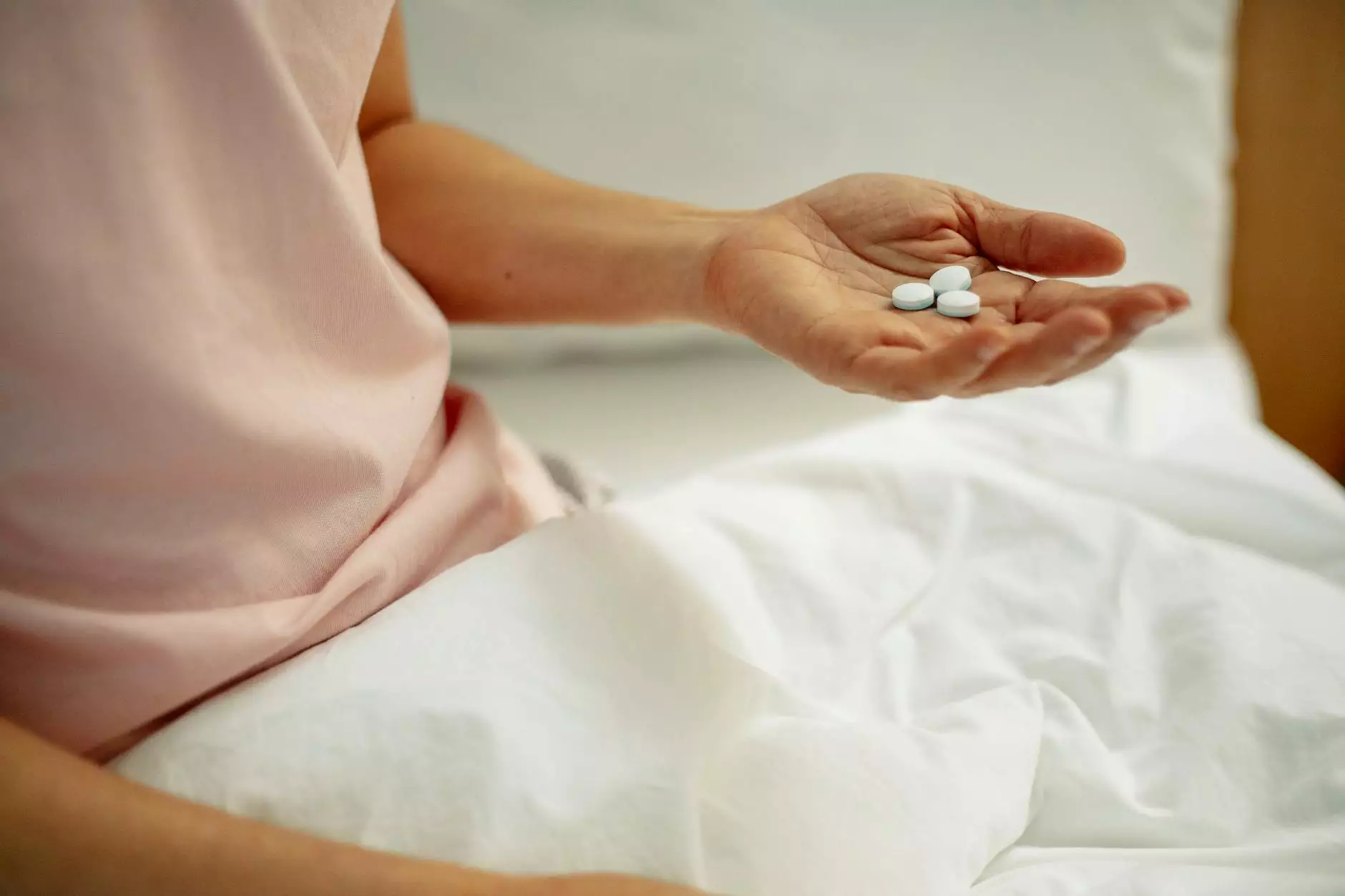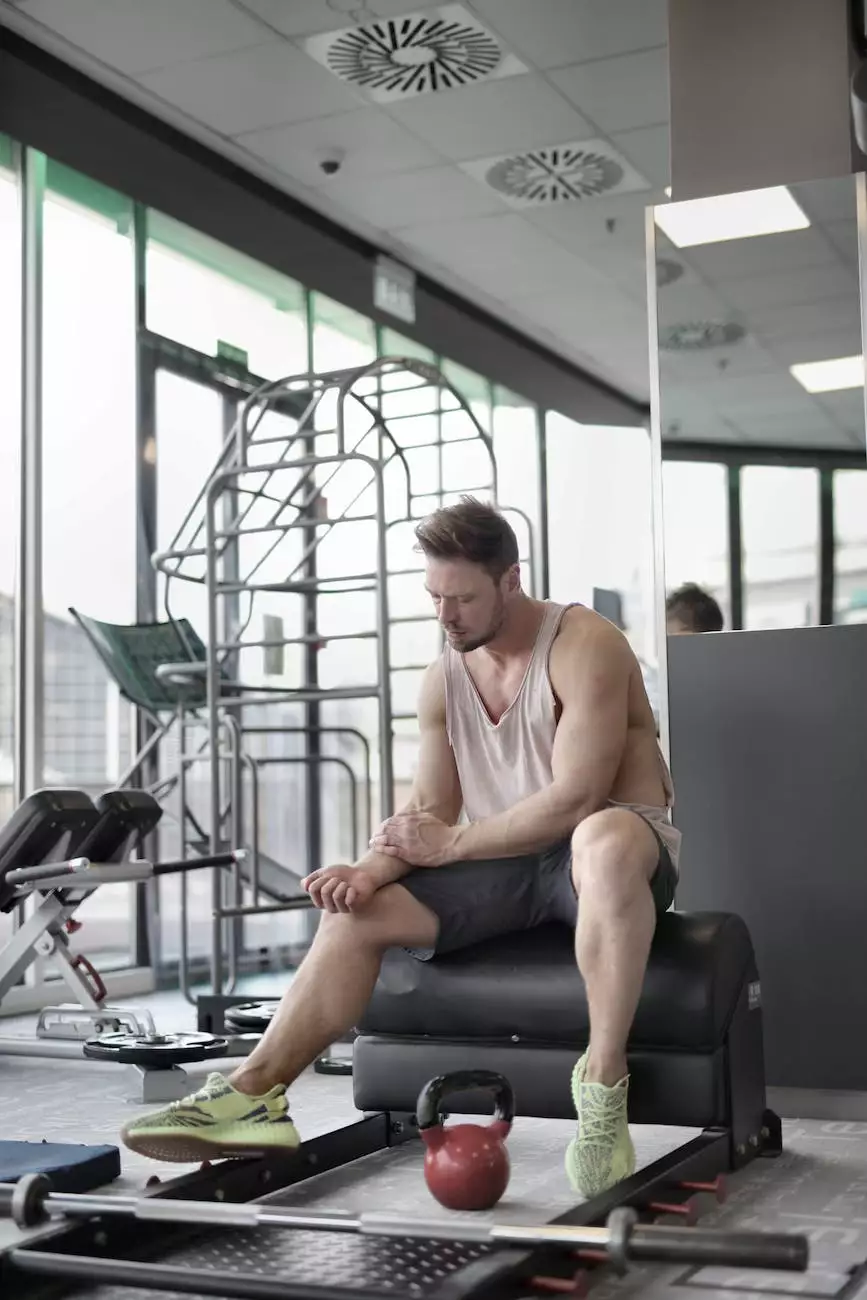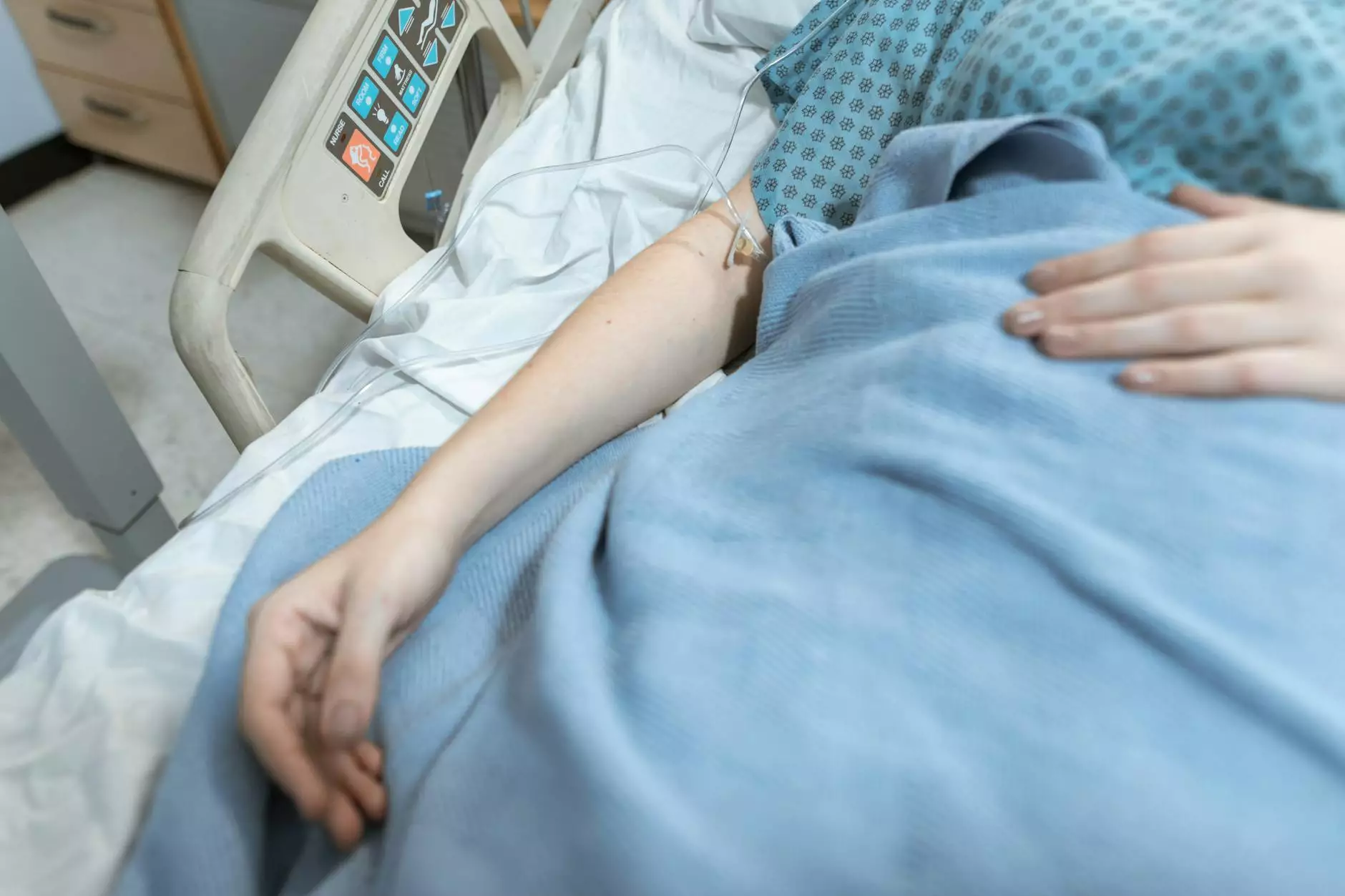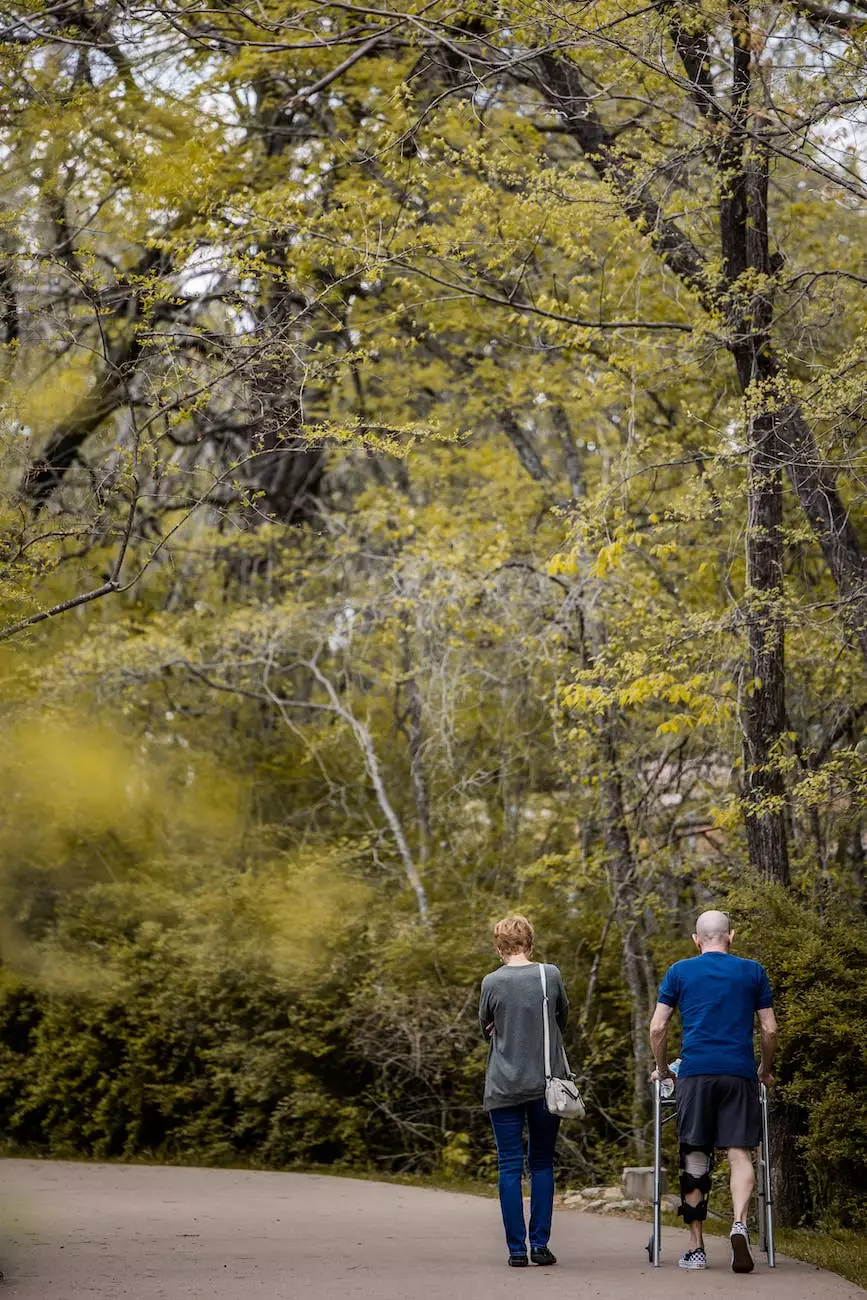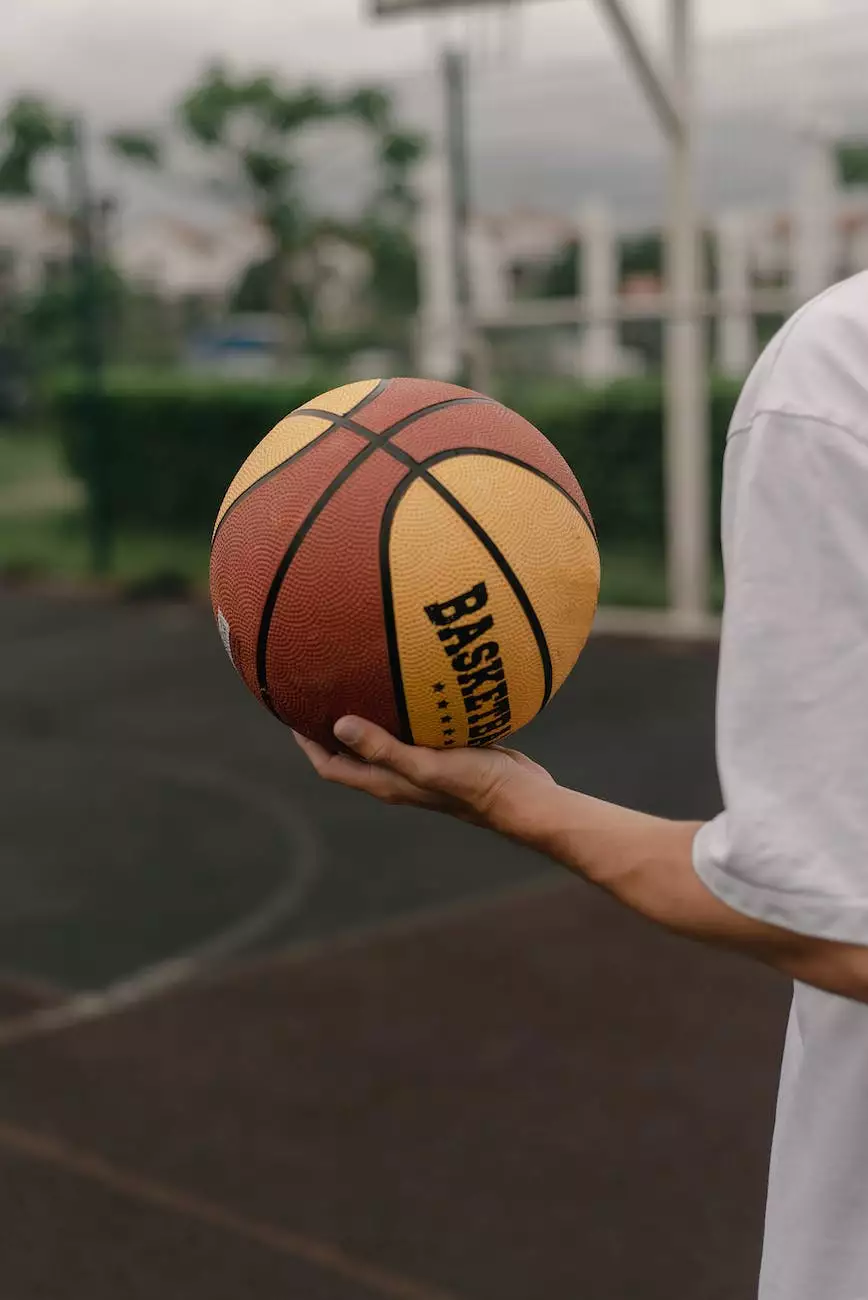Achilles Tendon Problems

Introduction
Welcome to Body Fusion, your trusted source for comprehensive information on Achilles tendon problems. Our team of experts is committed to helping you understand the causes, symptoms, and treatment options available for this common foot issue. Whether you are an athlete or an individual experiencing Achilles tendon problems, we have you covered.
Understanding the Achilles Tendon
The Achilles tendon is the largest and strongest tendon in the human body, located at the back of the lower leg. It connects the calf muscles to the heel bone and plays a crucial role in various activities such as walking, running, jumping, and balancing. Unfortunately, the Achilles tendon is prone to injuries and conditions that can cause significant discomfort and impact daily life.
Common Causes and Symptoms
Achilles tendon problems can arise from a variety of factors, including overuse, sudden increase in physical activity, improper footwear, and underlying medical conditions. The most common conditions associated with the Achilles tendon include:
- Achilles Tendinitis: This condition occurs when the Achilles tendon becomes inflamed due to excessive strain or repetitive stress.
- Achilles Tendon Rupture: A complete tear or rupture of the Achilles tendon usually happens during sudden and forceful movements, causing severe pain and impairment.
- Achilles Tendinosis: Chronic degeneration of the Achilles tendon, often caused by long-term overuse, can result in pain, stiffness, and weakness.
Common symptoms of Achilles tendon problems include:
- Pain and tenderness along the back of the leg, near the heel
- Swelling and inflammation
- Difficulty walking or participating in physical activities
- Stiffness and limited range of motion
Treatment Options
At Body Fusion, we offer a range of treatment options to help alleviate Achilles tendon problems and facilitate a speedy recovery. Our team of experienced professionals will assess your condition and develop a personalized treatment plan based on your specific needs. Treatment options may include:
1. Rest and Immobilization: In mild cases, resting the affected foot and using appropriate supportive devices such as orthotics and braces may be sufficient to promote healing.
2. Physical Therapy: Our skilled physical therapists will guide you through targeted exercises and stretches to strengthen the Achilles tendon, improve flexibility, and promote overall foot and leg stability.
3. Medications and Injections: In some cases, non-steroidal anti-inflammatory drugs (NSAIDs) or corticosteroid injections may be recommended to reduce pain and inflammation.
4. Extracorporeal Shockwave Therapy (ESWT): This non-invasive treatment utilizes low-energy shockwaves to stimulate the healing process and improve blood flow to the affected area.
5. Surgery: In severe cases that do not respond to conservative treatments, surgical intervention may be required to repair or reconstruct the damaged Achilles tendon.
Prevention and Rehabilitation
Prevention plays a crucial role in avoiding future Achilles tendon problems. To reduce the risk of injuries, consider the following tips:
- Properly warm up and stretch before engaging in physical activities
- Gradually increase the intensity and duration of exercise
- Wear well-fitting and supportive footwear
- Listen to your body and avoid overexertion
If you have experienced Achilles tendon problems in the past, it is essential to undergo a comprehensive rehabilitation program to strengthen the tendon and prevent reoccurrence. Our team at Body Fusion can guide you through tailored exercises and provide ongoing support to ensure a successful recovery.
Contact Body Fusion for Expert Assistance
If you are dealing with Achilles tendon problems, don't let it hold you back from enjoying an active lifestyle. Body Fusion is here to help. Get in touch with our experienced team today to schedule a consultation and take the first step towards a pain-free, healthy future.
Disclaimer: The information provided here is for educational purposes only and should not be considered medical advice. Consult with a qualified healthcare professional for proper diagnosis and treatment of Achilles tendon problems.
